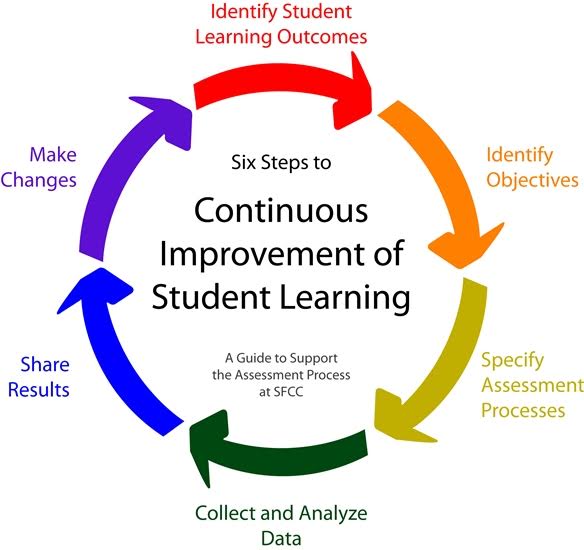Jack Schneider, a professor at the College of Holy Cross argues in Edweek that we need to dial down how we improve our schools because we do not need grand transformation. Drawing upon the “small schools” movement that has faded away, he says that large policy shifts like trying to make every school become smaller takes too long to implement and may end up being ineffective anyways.
Our schools don’t need disrupters, armed with grand notions about transformation; they need facilitators capable of building capacity. Rather than deciding what works and taking it to scale, we need donors and policy leaders who are interested in helping to strengthen schools and districts, encouraging experimentation, and facilitating the kinds of small changes that add up to big ones. Edweek, Feb. 9, 2016.
Of course, the last fifteen years of trying to improve schools has yielded a “high-stakes” atmosphere that everything must change and we will measure that change through standardized tests! Yet the results obtained in those fifteen years were very small, leading to Professor Schneider’s comments in Edweek. His fix comes in the form of gardening metaphor:
Assisting in the cultivation of gardens may not be as sexy as finding scalable solutions. “Small change” is a less enchanting battle cry than “paradigm shift.” But being right, even if only moderately so, is always better than being wrong. And gradual progress, frustrating though it can be, is infinitely preferable to perpetual churn. Edweek, Feb. 9, 2016.
“Small change” could be a very good way to move forward in this new era of education policy. The new ESAA law passed two months ago removes some federal oversight and replaces it with local innovation and accountability at the state and local levels. This might allow a mind shift for school leaders to implement small changes they see as “no-brainers” while also allowing other leaders in the field to do it their way.
What this does not address, is the cry from policy makers for a solutions to school reform that goes to scale. In fact this may be why we are so trapped in these large scale school reforms. The pressing need to fix all schools seems to defeat the one answer solutions that keep popping up. Do we have the guts to support small change as local reforms, by building the capacity of local reformers to do that work, and support a difference between schools for how we measure that success? That is a great policy question.




